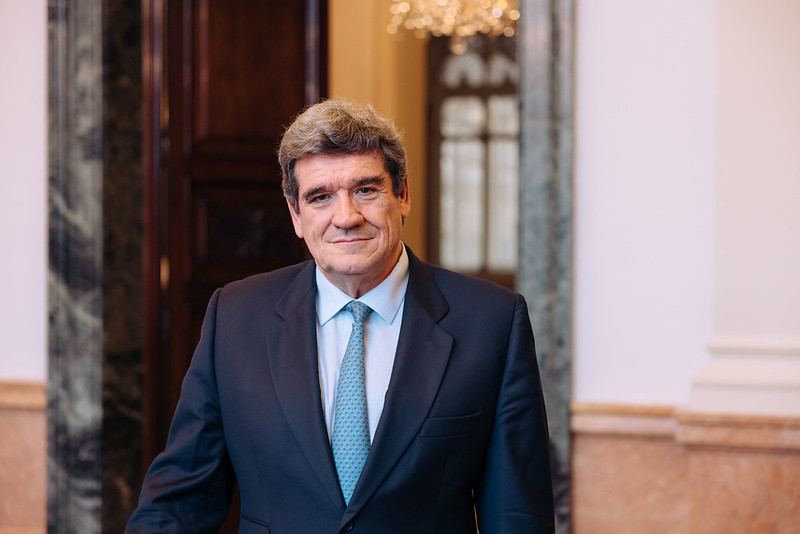ECB’s Escrivá: ‘We Are in a Situation of Optionality About What Can Happen Next’
9 June 2025

By Marta Vilar – MADRID (Econostream) – European Central Bank Governing Council member José Luis Escrivá said on Monday that the ECB had largely normalised its monetary policy and was currently flexible with regard to future steps.
In a hearing in Congress, where he presented the annual report of the Banco de España, which he heads, Escrivá said that the ECB had ‘normalised to a great extent our monetary policy stance and we are now in a situation, let’s say, of optionality about what can happen next.’
Tariffs and retaliation could have a negative impact on inflation due to their dampening effect on economic growth, he said.
‘But at the same time, what we're seeing is a disruption of global supply chains, a potential regionalisation of trade, and shifts in trade flows that raise many doubts and make it difficult to determine what effect this will have on inflation — despite the impact on economic activity likely being negative’, he said.
The baseline scenario used to be the anchor of the ECB’s decisions, but its materialisation was now less likely than usual, according to Escrivá.
‘We are in an environment where, due to the unpredictability coming from various sources, elements that are currently outside the baseline scenario can quickly move into it’, he said.
Related articles:
- ECB’s Escrivá: Confirmation of Baseline Scenario Could Require Some Fine-Tuning
- ECB’s Escrivá: Risks Around Baseline Scenario Could Push Projections Lower
- ECB’s Escrivá: Market Volatility Due to High Valuations, Low Risk Being Priced In
